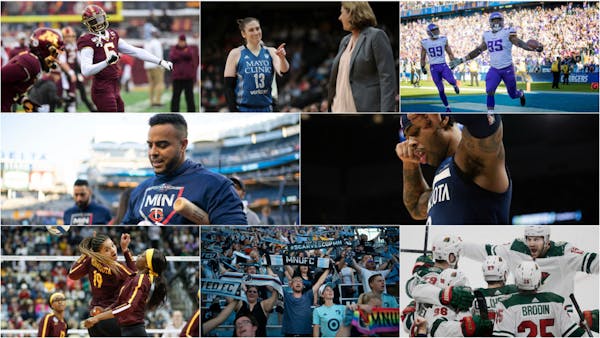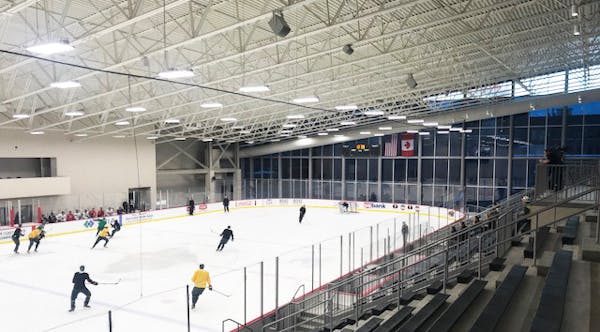Take it from someone who knows. Deadlines can be a good thing. And perhaps that's what's needed for baseball to begin by early July.
To be clear, there's no official countdown clock in place. But there are two things the members of this $10.7 billion industry should keep in mind as the sides are expected to meet this week — the calendar and their bank accounts.
If Major League Baseball truly wants to start in early July, then owners and players quickly need to reach agreement on how to navigate through this pandemic. Initial reports had the league wanting to start a second spring training by June 10, giving players about three weeks to train before the first pitch of the delayed season, with Friday, July 3 the target date.
That's the type of artificial deadline that should encourage both sides to sit down, open up Zoom, put their heads together and grind out a deal.
The sports landscape isn't totally barren. Auto racing, UFC, German soccer and baseball leagues in Asia are in action, and the PGA Tour is slated to begin next month. But nothing would approach normalcy like the start of the MLB season — even if it is in front of empty stadiums — during the July 4th weekend.
That's why this week is important. The longer negotiations take, the more the league might be forced to alter its plans for an 82-game season, by either pushing it back or playing even fewer games. Fewer games would seem to work against a league that is trying to collect as much revenue as it can from the $10 billion-plus in television deals it has with ESPN and Fox over the next few years.
Revenues are nonexistent while expenditures have not stopped. And we have seen the effects of the shutdown on some teams. The A's didn't pay their annual rent for Oakland Coliseum, citing the coronavirus. The Cubs and Mariners have slashed salaries of non-playing personnel. The Marlins, Rays, Reds and Mets are among teams that have furloughed personnel. The Pirates are paying salaries through the end of the month but are suspending contributions to retirement plans.
The Twins have pledged to pay their nonplaying staff through the end of June, one of a few teams to make such a commitment. Some teams are better equipped to handle the shutdown than others. The Pohlad family, with its diverse holdings, has been able to weather the storm better than others. How long will that last? The Angels raised eyebrows throughout the industry by furloughing employees from several departments, including amateur scouting as the annual draft nears.
In addition to losing salaries, players are also losing service time and, if there's no agreement — which no one wants to see happen — a year off their careers. That affects someone like Nelson Cruz, who turns 40 on July 1, more than others. Minor leaguers are substantially worse off — and some reports have indicated there might not be a minor league season.
Players have concerns about how MLB plans to ensure health and safety during the season. And some of their concerns are reasonable. As Cruz pointed out during a conference call last week, players should be allowed to shower before boarding a plane. And a ban on spitting seems unrealistic.
The salary squabble, of course, threatens to wipe out the season unless both sides realize the long-term damage that could be done by not throwing a pitch this season. With the CBA set to expire at the end of the 2021 season, bad feelings from this negotiation undoubtedly will carry over into the next one. No one has an appetite for a labor war while battling a virus.
Beyond pocketbooks, the window of opportunity for some teams to make a playoff run and reach the World Series has never been more open. I'm sure if you think hard enough you can figure out at least one nearby team that was favored to repeat as division champions and recently signed a former Most Valuable Player.
The next week or so should determine if your favorite team will be hitting bombas on Independence Day.
![Minnesota Twins pitcher Jhoan Duran (59) in the ninth inning Tuesday, August 15, 2023, Target Field in Minneapolis, Minn. ] CARLOS GONZALEZ • carlos](https://arc.stimg.co/startribunemedia/NWLT5CNXGTRZA6KVTMIPSOG3KI.jpg?h=91&w=145&fit=crop&bg=999&crop=faces)

